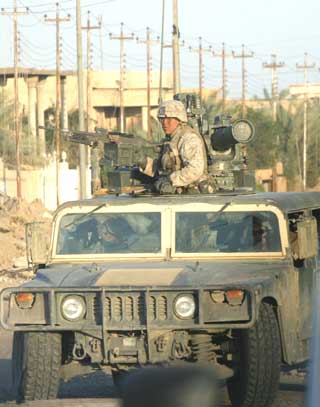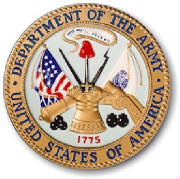
Hey all-
This is a bit of old news, from September of last year, but it is significant nonetheless. We bid farewell to another Cold Warrior, this one a dominating force in the air. The F-14 Tomcat has been retired by the U.S. Navy, having been replaced by the F/A-18F Super Hornet, which entered service with the U.S. Navy in 1999.
The Tomcat was born into the midst of the Cold War with the Soviet Union. It's first deployment came in 1974, when two squadrons of these fighters were assigned to the U.S.S. Enterprise. The Tomcat would serve for the next thirty-two years in various roles with the U.S. Navy, including as a patrol fighter, fighter-bomber, and in a less utilitarian role as a public-relations figure. Tom Cruise starred in Top Gun in 1986 as a F-14 pilot. This movie made the Tomcat famous.
The Tomcat is considered the last of the true dog-fighters, the primary intention of its design. This is reflected with the speed and maneuverability of the Tomcat, able to reach speeds of over 1,500 miles per hour and a climb rate of 45,000 feet/minute. Its unique swing-wing design allowed for maximum aerodynamic performance, and also for stability. Unfortunately for the F-14, dog-fighting is now obsolete with the perfection of long-range missiles.
The Tomcat will be missed, as it was a legend in its own right, being faster and stronger than anything America's enemies could put into the sky. After 32 years of service, the F-14 will join in retirement other fighters like the F6F Hellcat, the F-86 Sabre, and the F-4 Phantom. Happy retirement to a true winged warrior.










